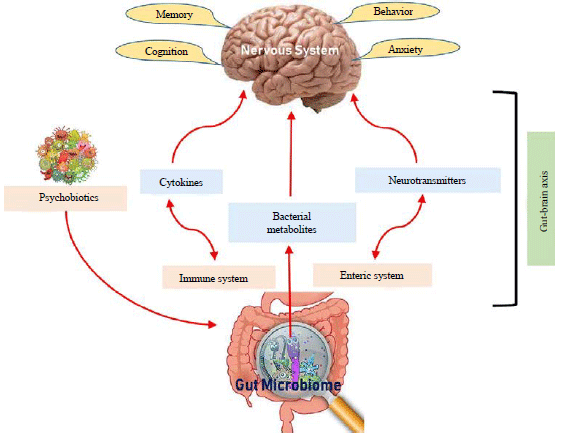Review Article
Therapeutic Potential and Recent Development of Psychobiotics for the Management of Brain Disorders
Neuropharmacology Research Laboratory, School of Pharmaceutical Sciences, Delhi Pharmaceutical Sciences and Research University, 110 017 New Delhi, India
LiveDNA: 91.6618
Ubaid Tariq
Neuropharmacology Research Laboratory, School of Pharmaceutical Sciences, Delhi Pharmaceutical Sciences and Research University, 110 017 New Delhi, India









